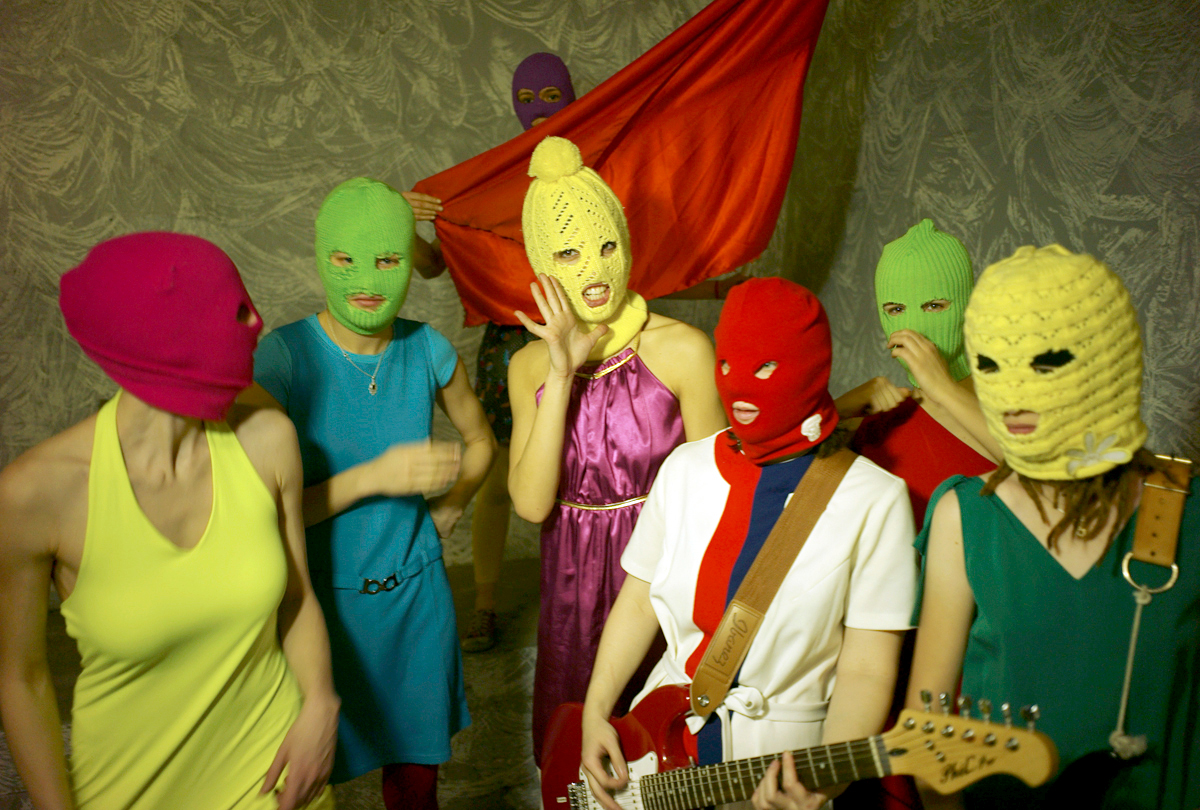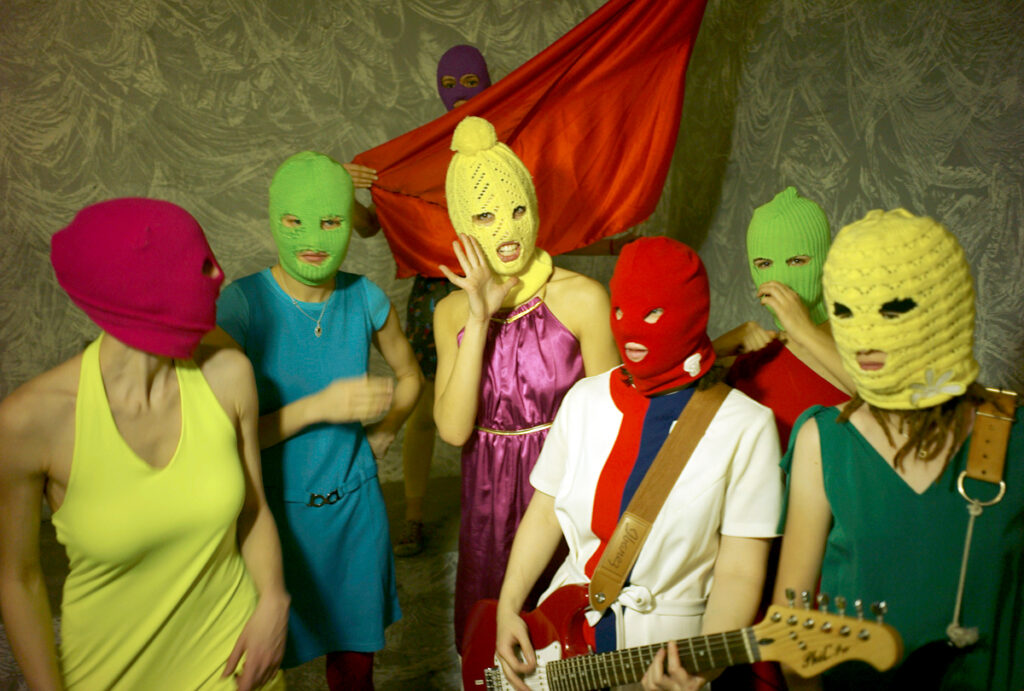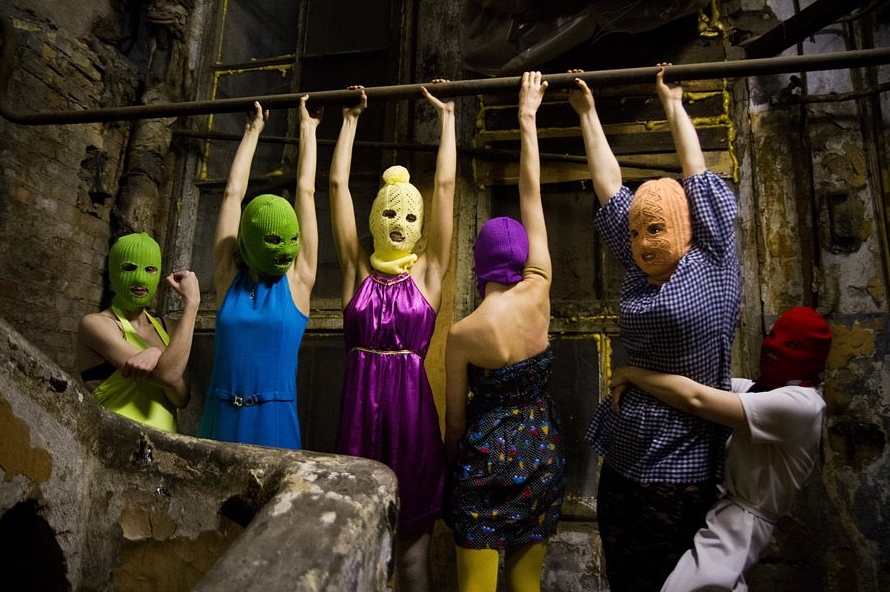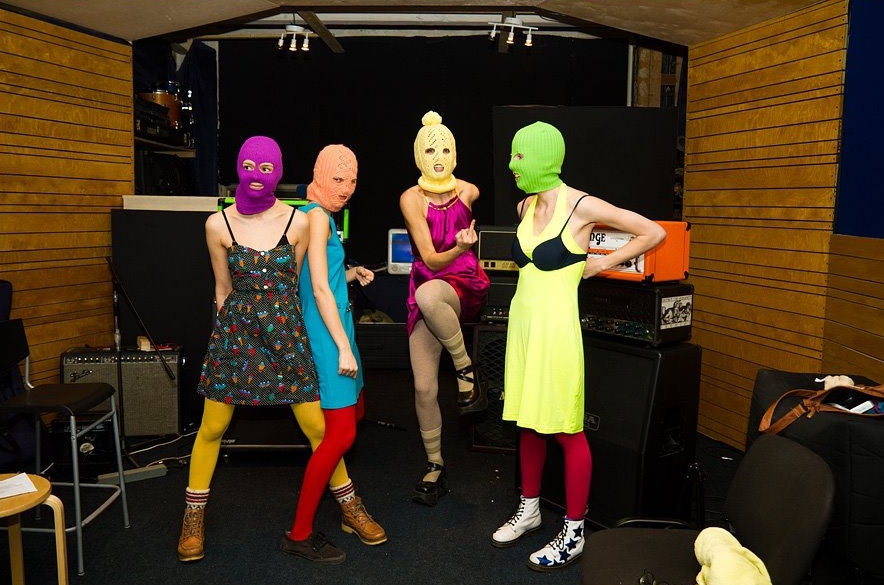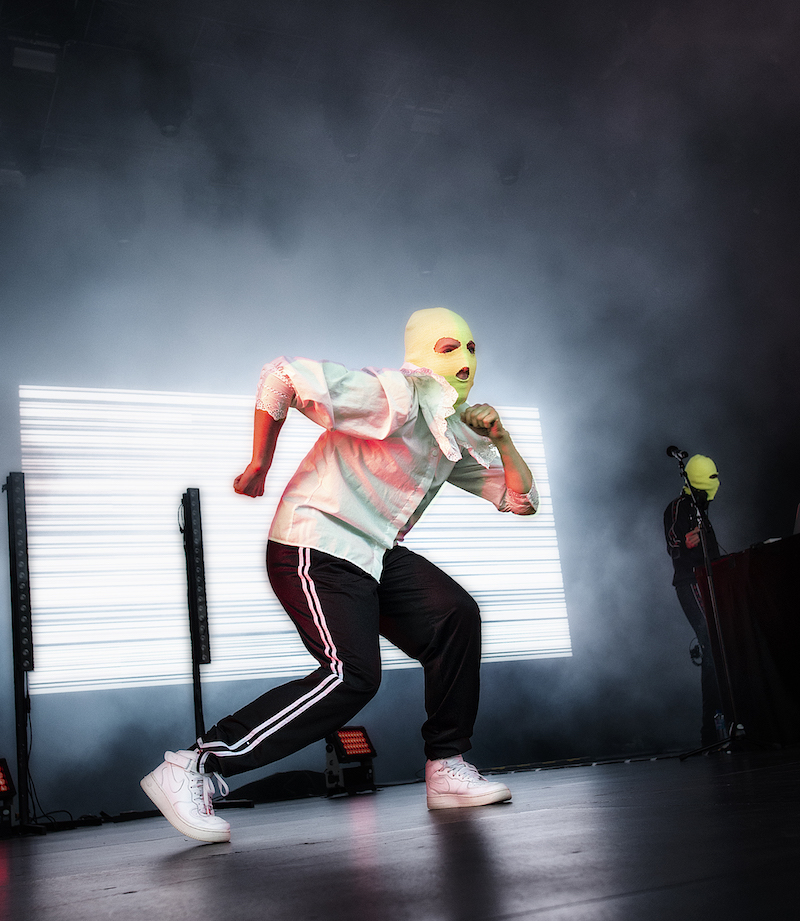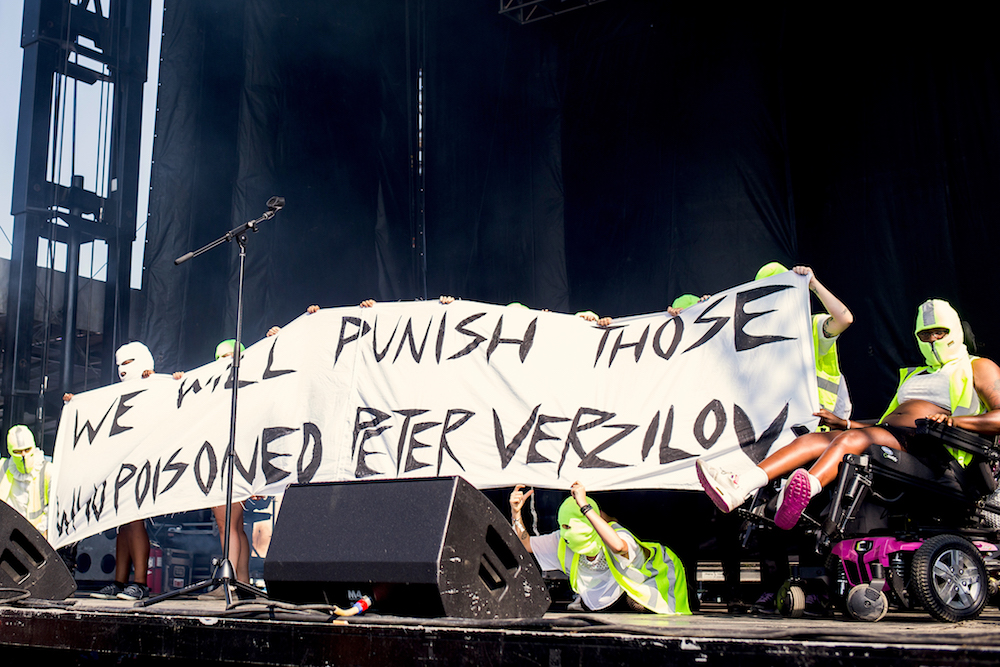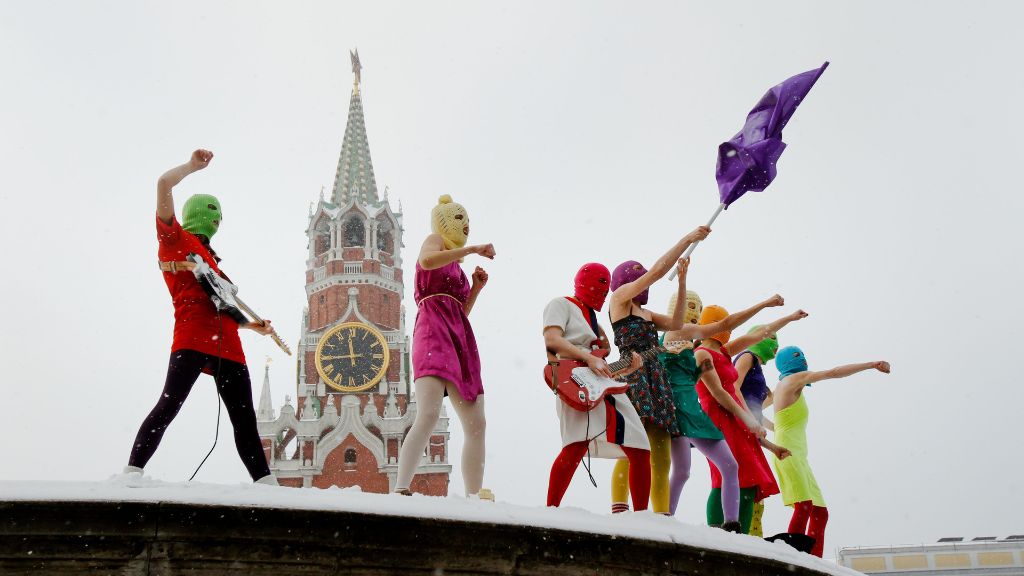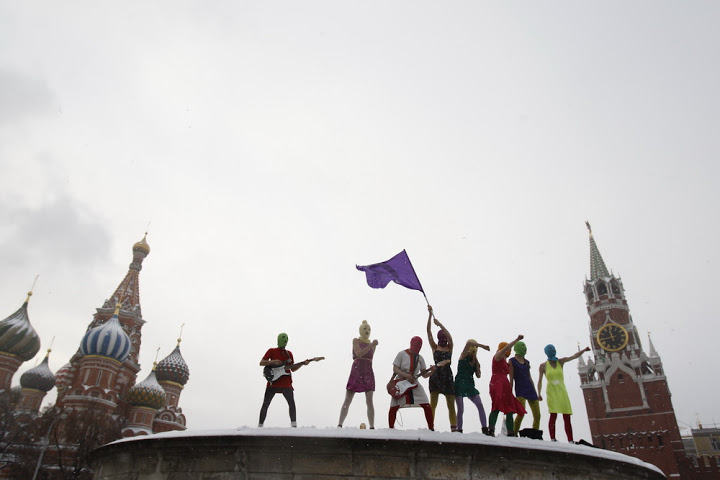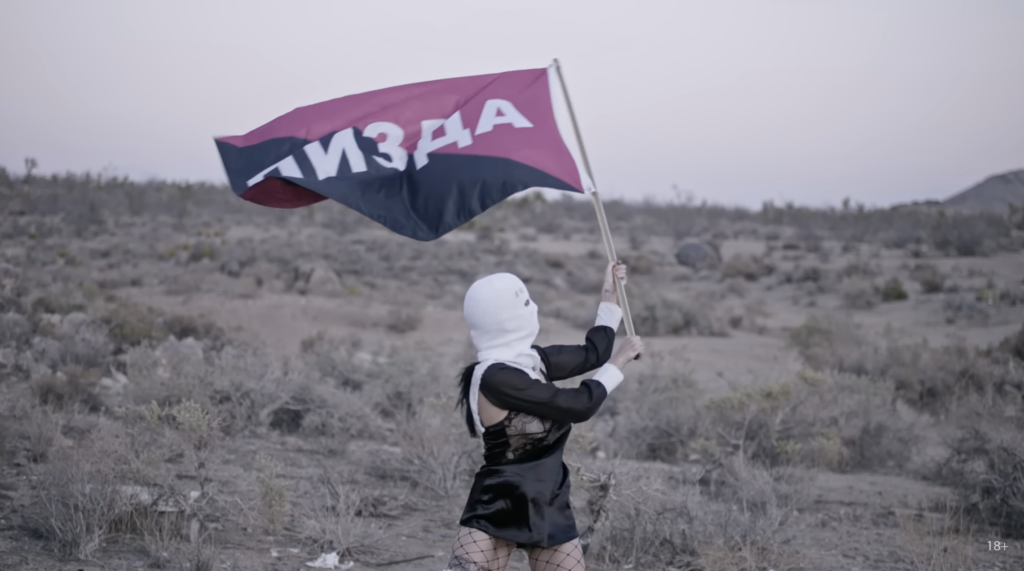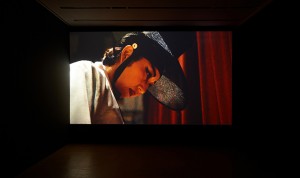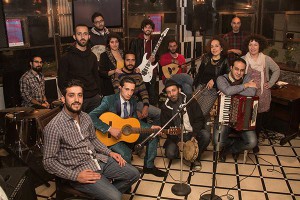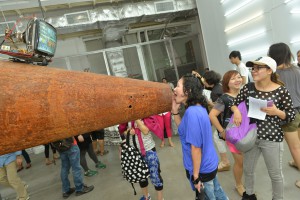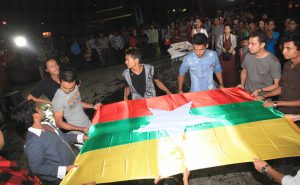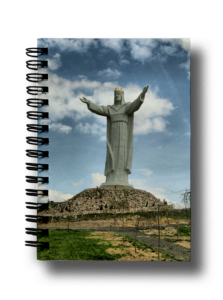About the project
Period
ongoing since 2011
Location
Moscow
External links
Proposed by
Ekaterina Degot
Goal: an ongoing artistic research of how punk looks and sounds nowadays, developing the punk methodology and aesthetics of the 2020s, and finding ways how punk performance could still be subversive.
Punk is an ultimate political genre of art, an art weapon that works with a mass audience. In the past, it worked really well, making a political conversation desirably, sexy, and cool for the kids. There is nothing like that movement in the culture today. Politics exists, and art exists, but they too rarely coincide. This trend has to be re-created.
For many, Punk is pure history right now, a commodity, a vintage toy, the same one as those jackets from the 80s in a second-hand store. As Pussy Riot’s teacher Alexandr Brener noticed, those who’re wearing mohawks and leather jackets are not punks; they are conformists. Punk is dead if you believe that it’s enough to grab a guitar and perform something that your grandpa used to play at the end of the 60s. It’s likely that punk today is digital/electronic since your laptop is the easiest way to create a piece of art.
We believe that people who come from a conceptual art perspective treat the genres more freely. Thus, we have more chances to shape the methods and strategies of a new punk movement. We destroy a notion of a punk band itself, creating rhizomatic Pussy Riot branches all around the world. In every city we’re in (Moscow, Mexico City, NYC etc.), we’re co-building the performance pieces with local artists, activists, and queer communities.
About the artist
Pussy Riot is a Russian feminist protest and performance art group based in Moscow that became popular for its provocative punk rock music, which later turned into a more accessible style. Founded in August 2011, it has had a membership of approximately 11 women. The group staged unauthorized, provocative guerrilla gigs in public places. The group's lyrical themes included feminism, LGBT rights, and opposition to Russian President Vladimir Putin.
The group gained global notoriety when five members of the group staged a performance inside Moscow's Cathedral of Christ the Saviour in 2012. The group's actions were condemned as sacrilegious by the Orthodox clergy, and two of the group's members, Nadezhda Tolokonnikova and Maria Alyokhina, were arrested and charged with hooliganism. Later Pussy Riot continued developing a punk methodology by working with prisoners, making highly politicizes audio-visual and performance art pieces.
